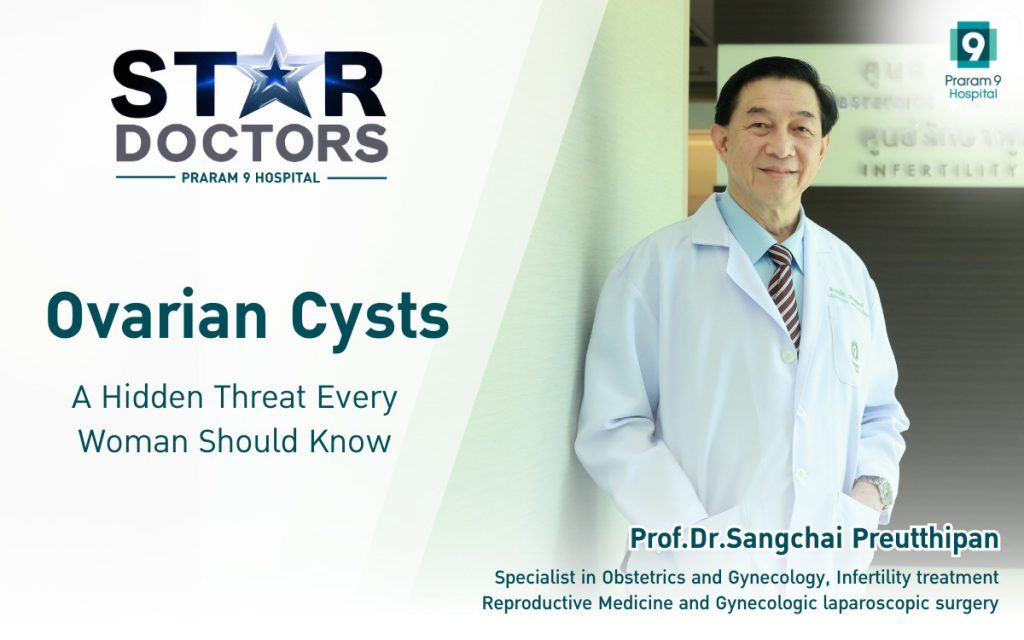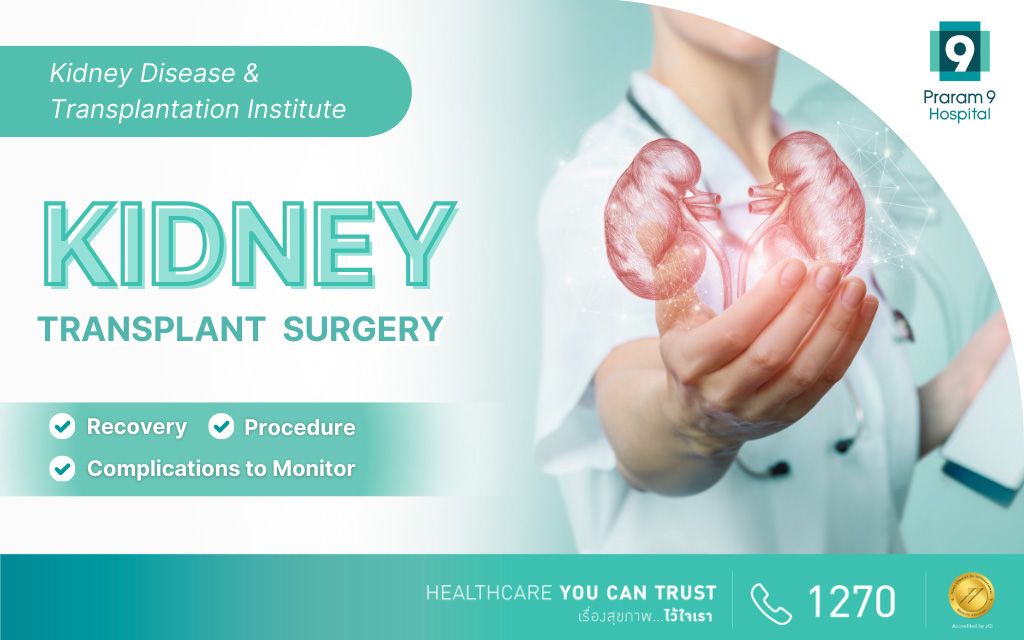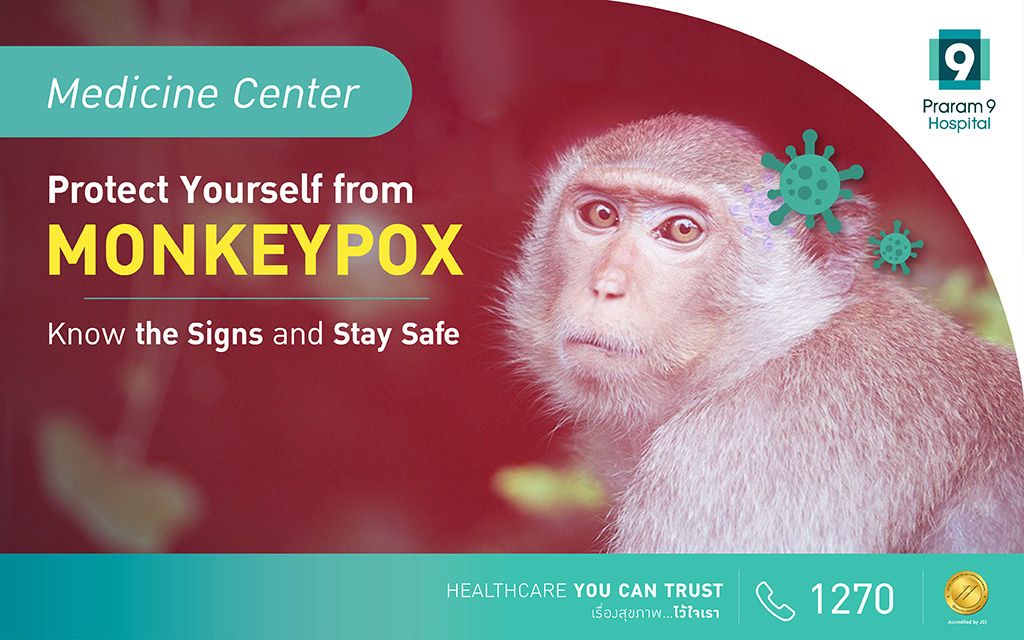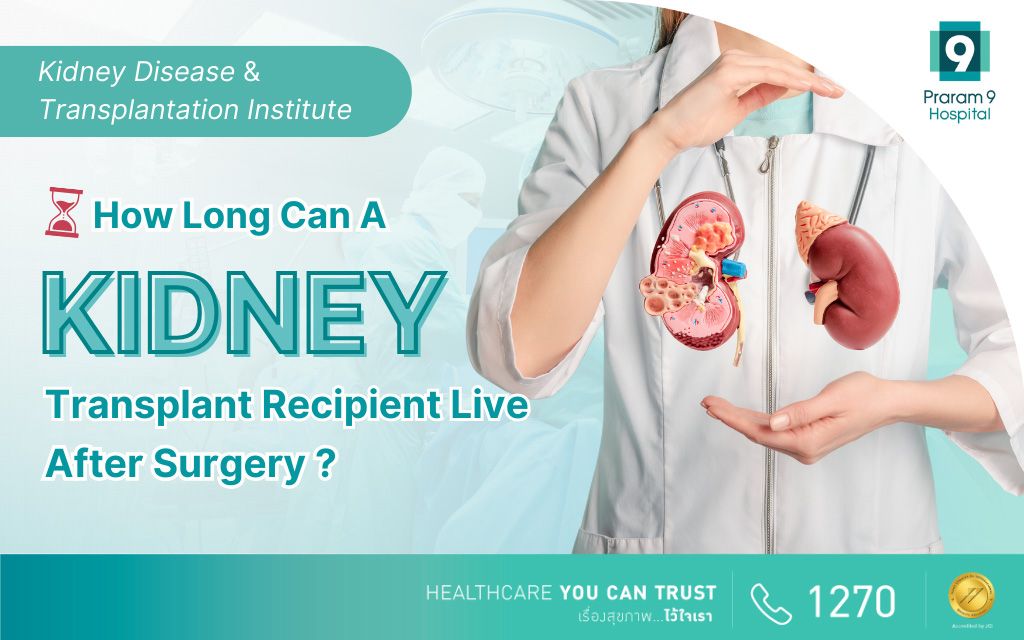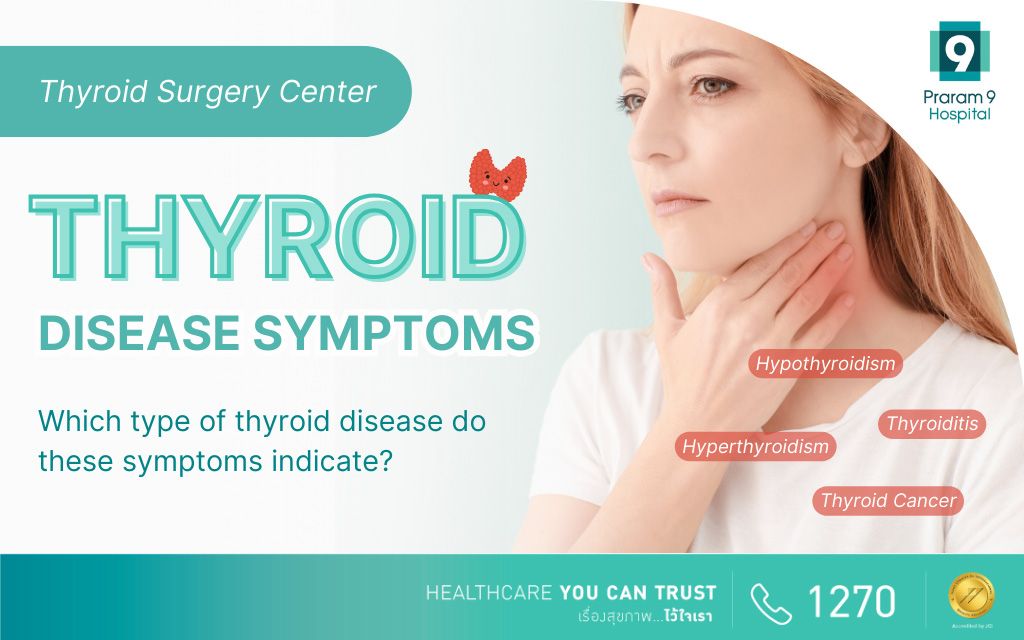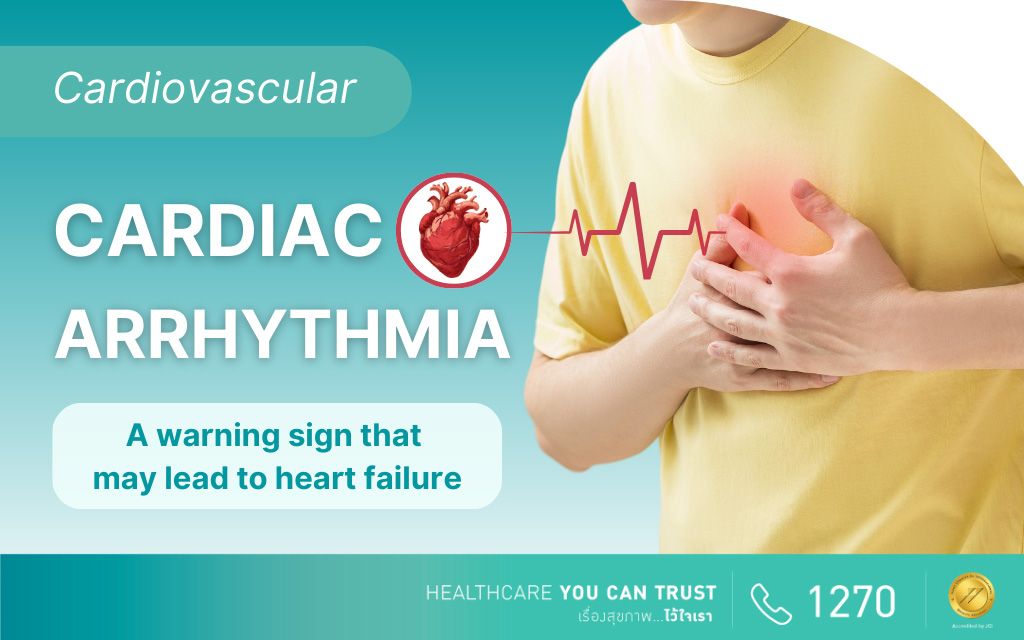Health Articles
Knowledge
Colon Cancer

Colon cancer is a disease that involves the change in the normal cells of the colon. The cells are divided without stopping and cannot be controlled, which can take years. In the initial stage, these cells may only be a simple tumor. However, if leaving it without receiving treatment or removal, this tumor might spread and become cancer.
Risk factors of colon cancer
Though the cause of colon cancer is not clearly known, there are some factors that might increase the risk of having this cancer. For example:
- Have a history of having tumor, which is normally found in the colon wall and is not cancer. As time goes by, some types of tumors can become colon cancer.
- Age: Mostly, it is found that more than 90% often occurs in people age 50 years old and above. However, it might be found in young adults and teenagers.
- Have a history of Inflammatory Bowel Disease (IBD), which are ulcerative colitis and Crohnu2019s disease that might become chronic colon inflammation and increase the risk of having colon cancer.
- Have a family member with colon cancer. Those who have a family member with colon cancer before reaching 60 years old will have more risk of having colon cancer.
- Lack of exercise and obesity can increase the risk of having colon cancer.
- Smoking: From studies, it was found that smokers have more risk of having colon cancer than non-smokers.
Symptoms of colon cancer
Sometimes, colon cancer has no indication. Therefore, the patient will not know whether they have colon cancer or not. Sometimes, the symptoms are similar to other diseases. Therefore, you should see the doctor when the following symptoms are found:
- Diarrhea, constipation, or flatulence
- Defecate with fresh blood or dark blood
- Abnormally long and slender feces
- Feel uncomfortable in the stomach, including burning, indigestion, and cramping pain
- Weight loss with unknown cause
- Fatigue or weak
- Anemia



